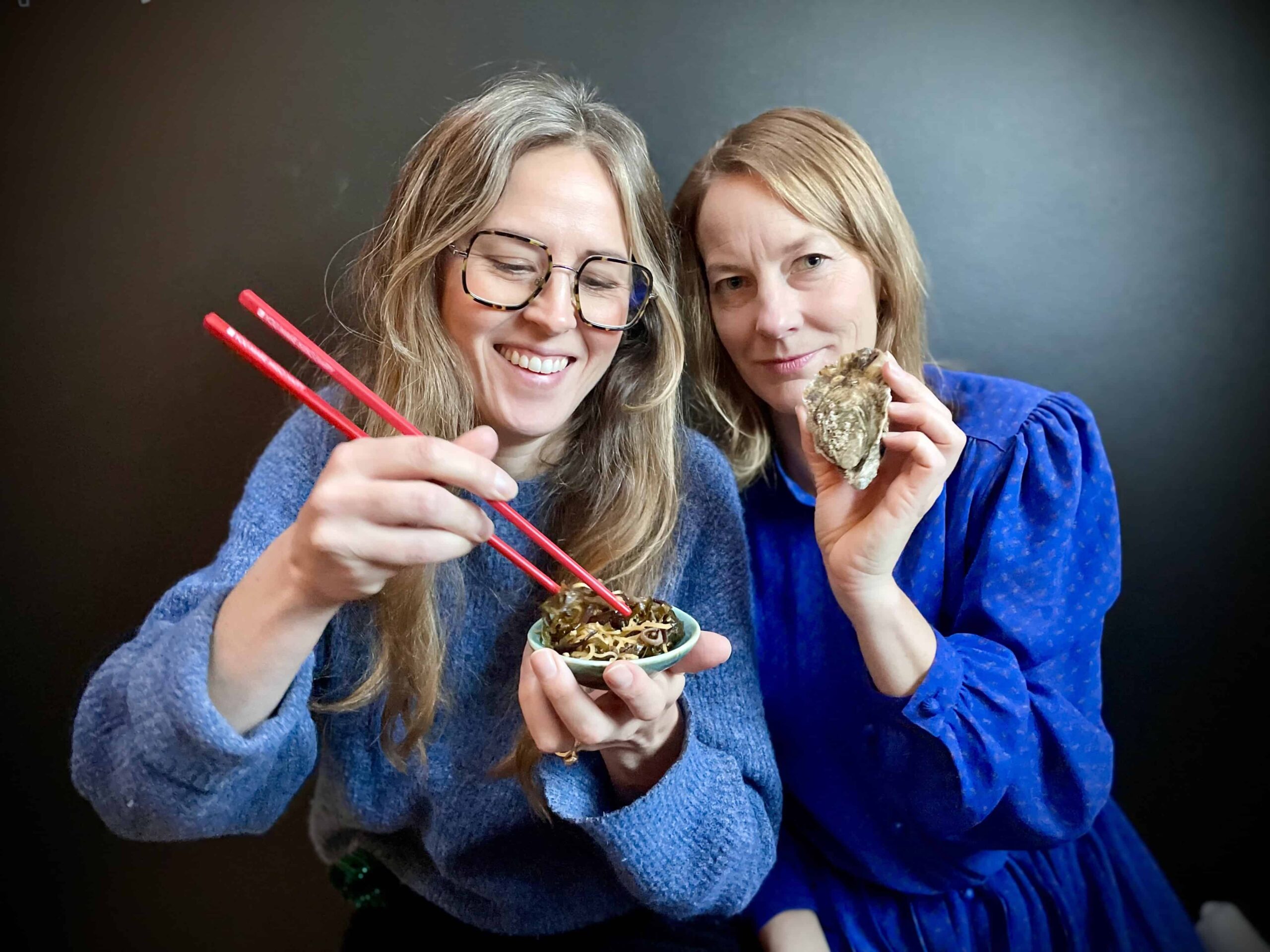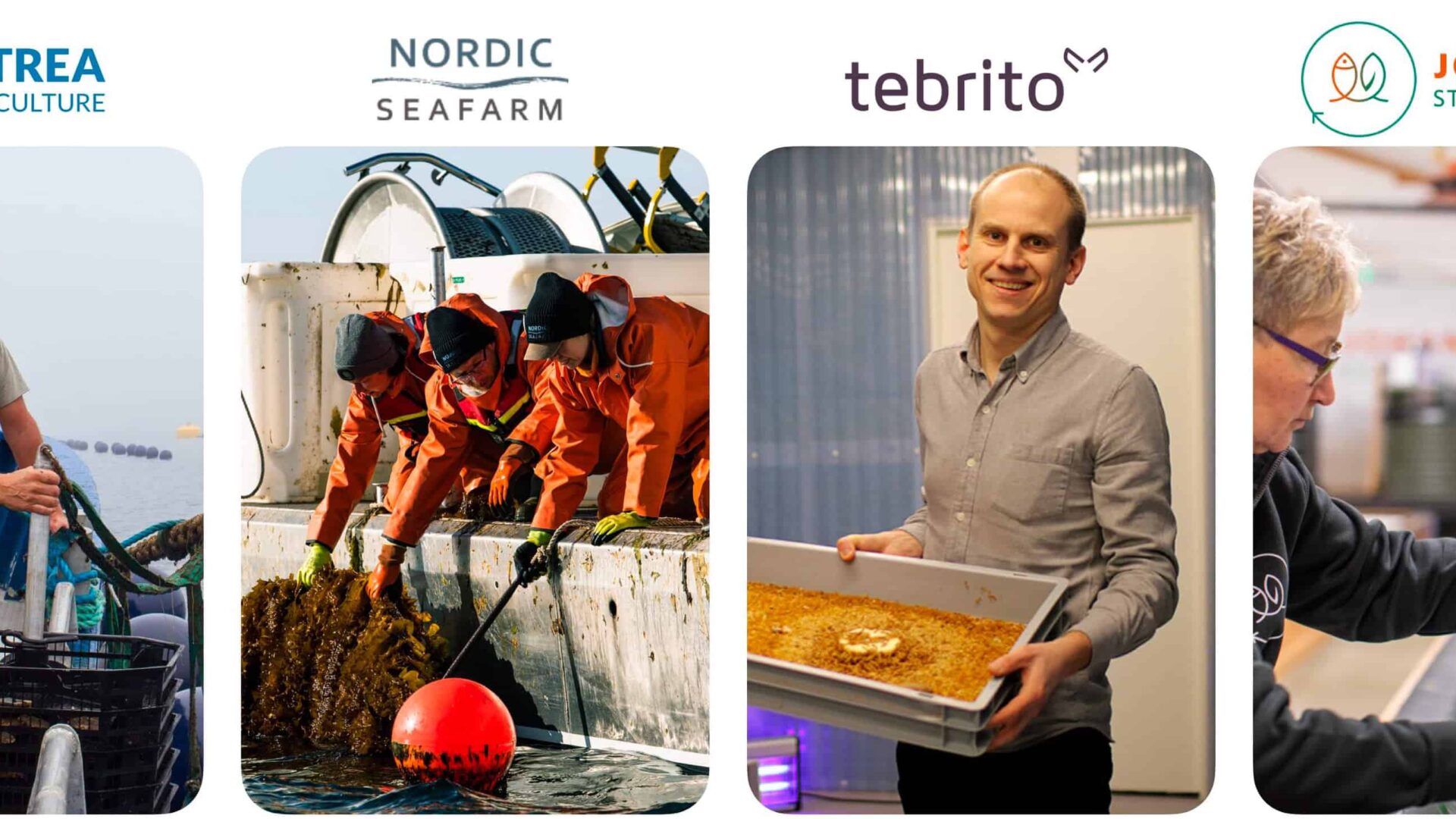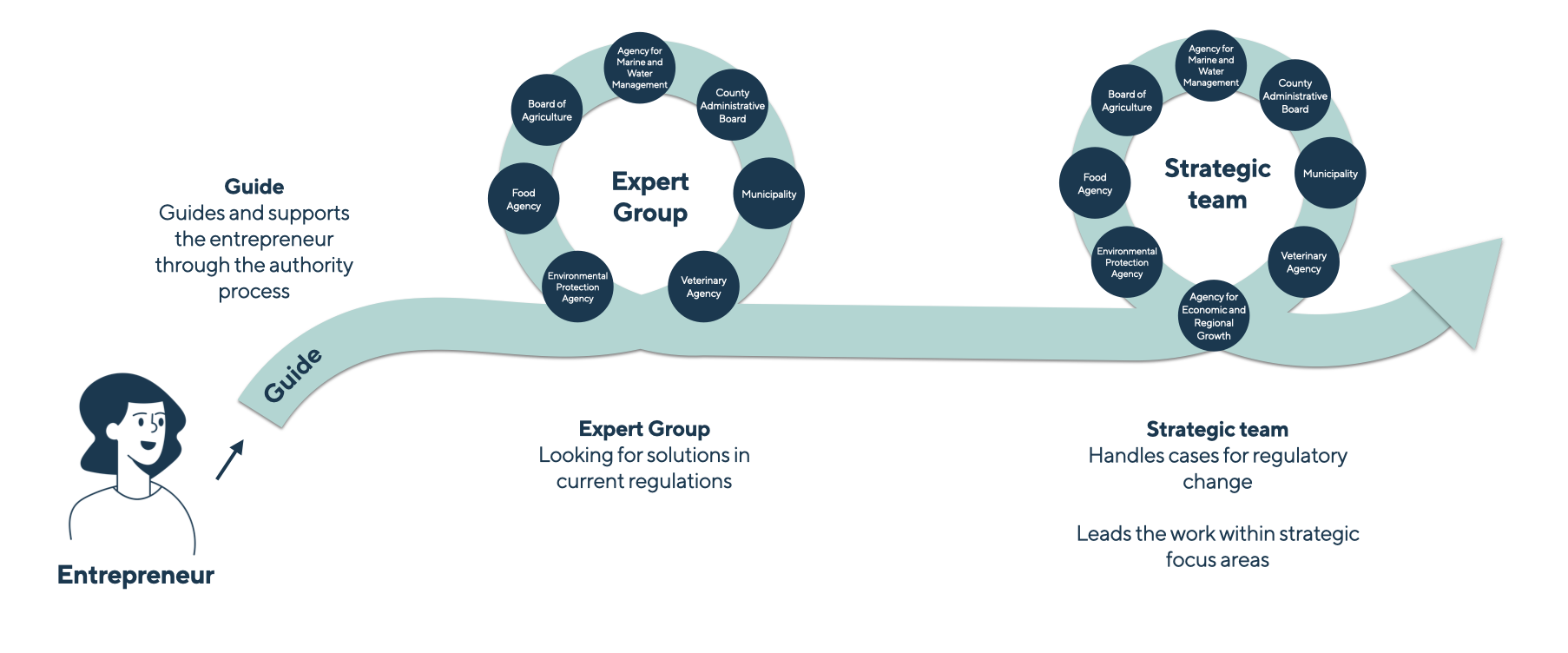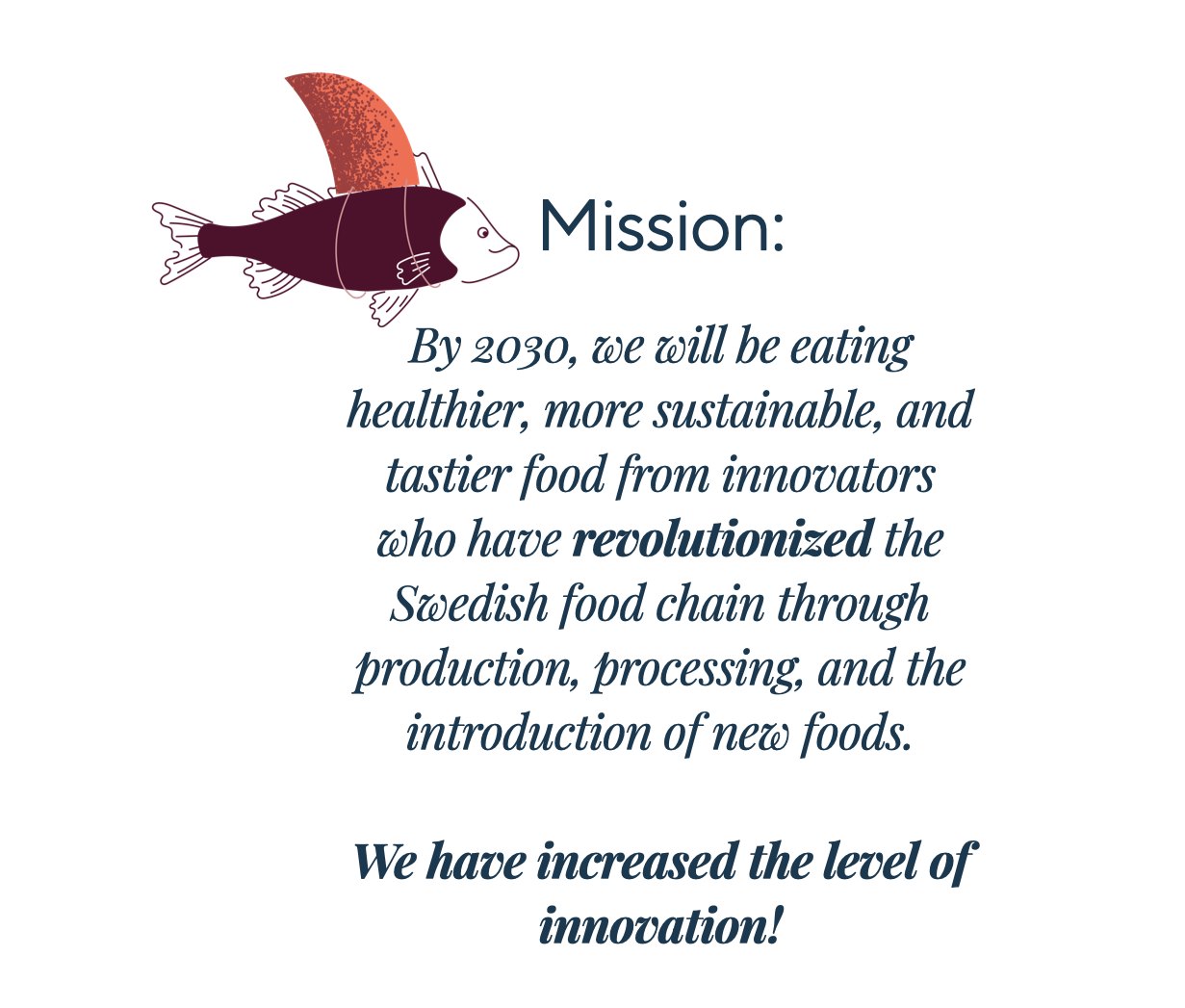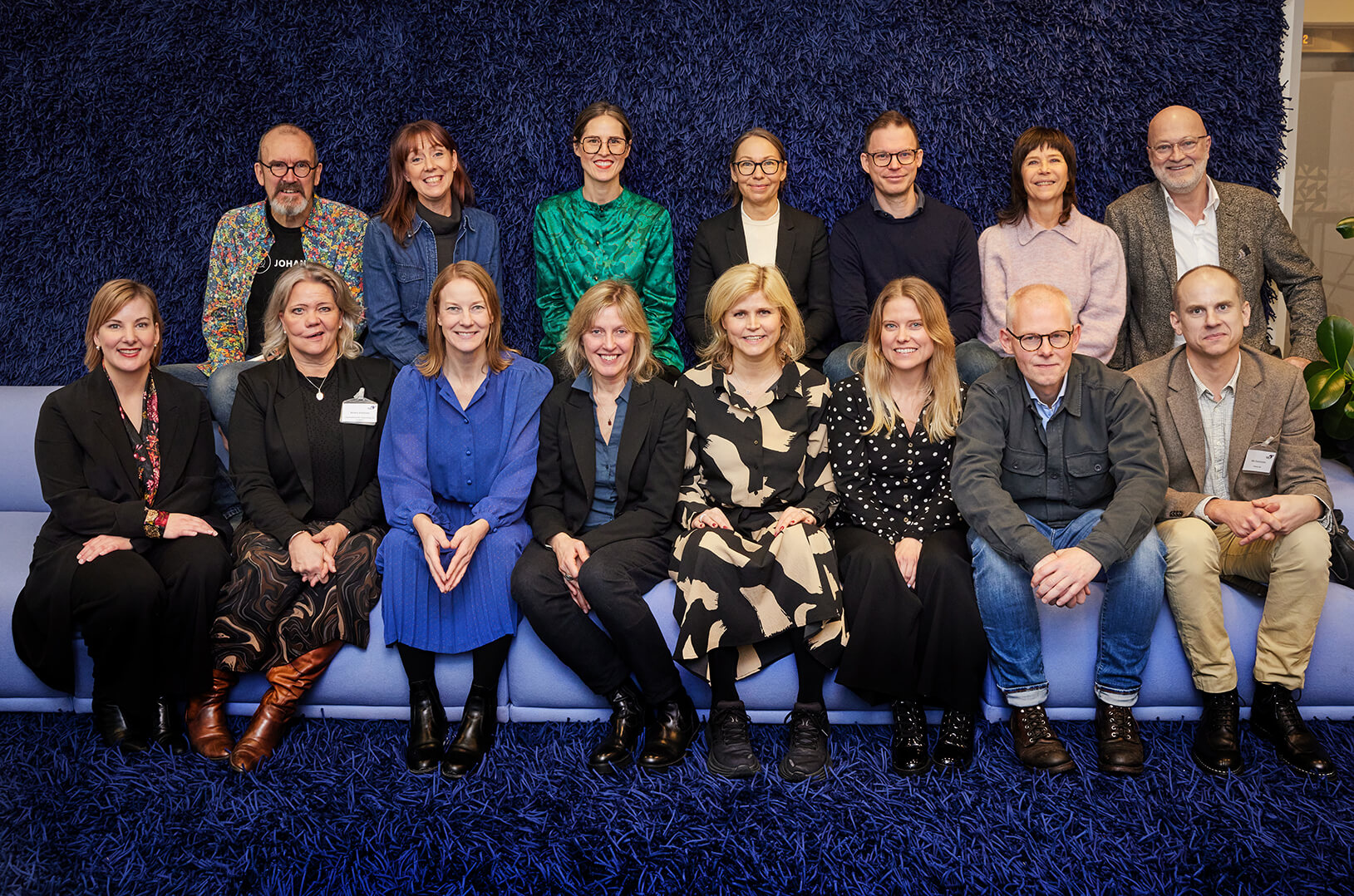The future of food is facing headwinds. This is how we have worked to create tailwinds.
The regulatory burden for innovative companies is large and complex. By mapping out what affects the level of innovation within the Swedish food system, we have gained knowledge about the fundamental problems as to why development is faltering.
Our mapping shows that companies spend a tremendous amount of time on government contacts, with long response times and unclear requirements for obtaining permits. Furthermore, entrepreneurs experience different interpretations of rules depending on the administrative officer and where in the country they are located. Overall, it is very difficult to predict the future and direction of the sector’s development, which makes it difficult to invest in what is new and unknown. Authorities lack preparedness to handle the introduction of new foods and do not proactively drive the shifts needed in the food sector.
To address these challenges, Antrop has led an innovation project that has resulted in a completely new way of working for authorities, a development process that involved both authorities, companies, researchers, and promoters in the innovation system where we have designed, prototyped, and tested solutions.
The entrepreneurs who participated are about to introduce entirely new and radical raw materials or production methods but have encountered a number of challenges related to laws, regulations, and grants. These have been companies that produce insects, are seaweed farmers, oyster producers, and cultivate in circular aquaponic systems.


